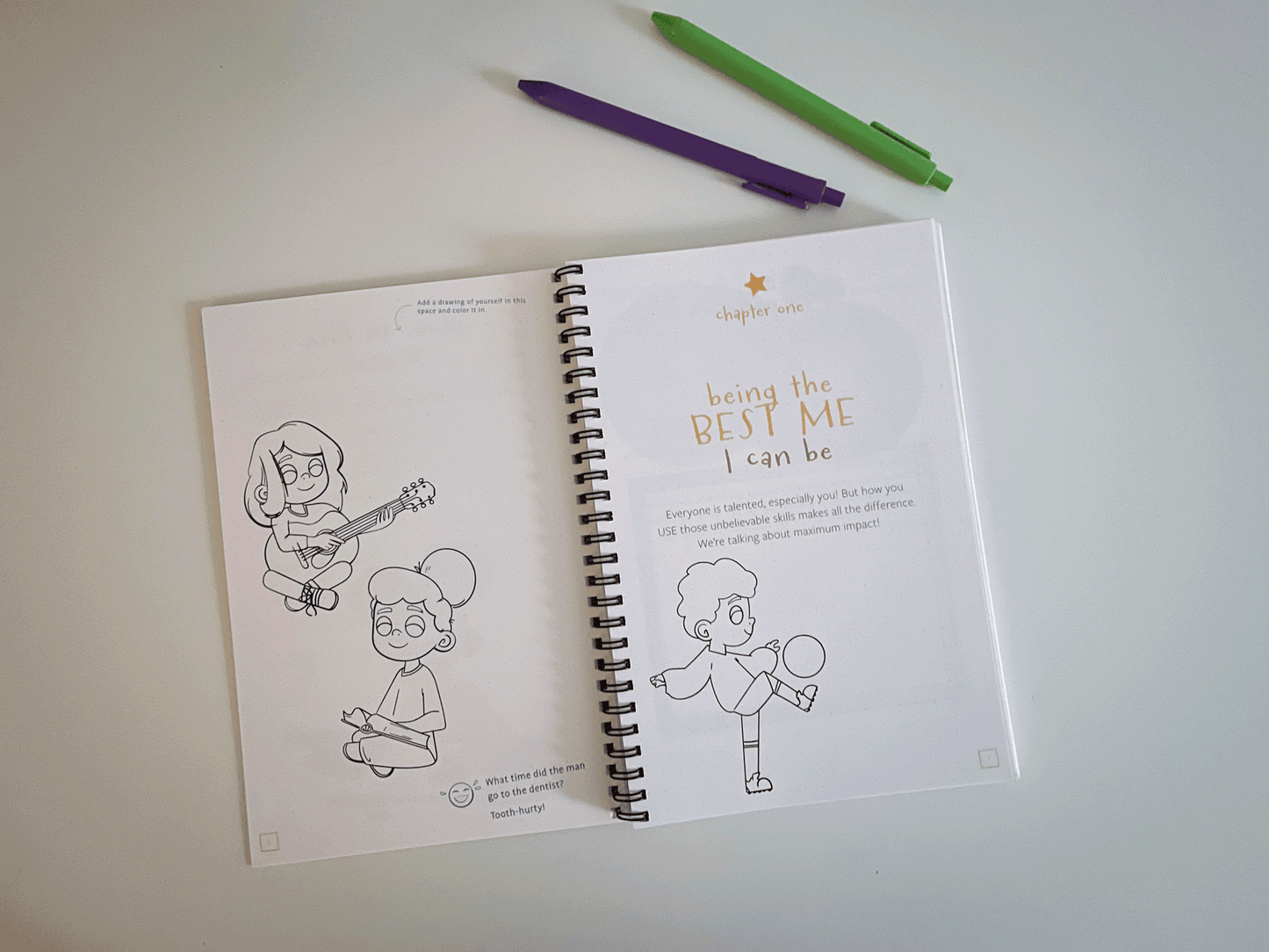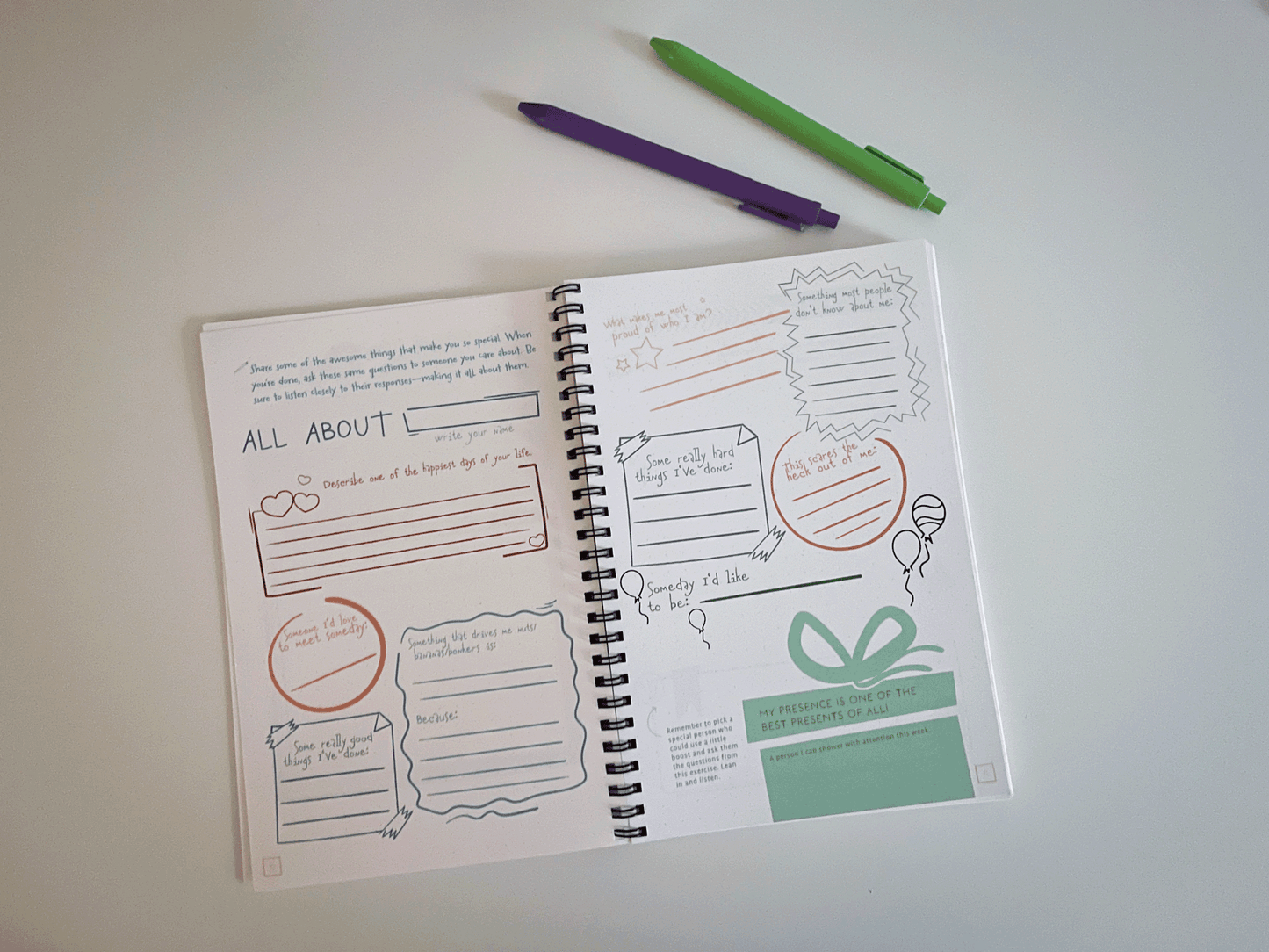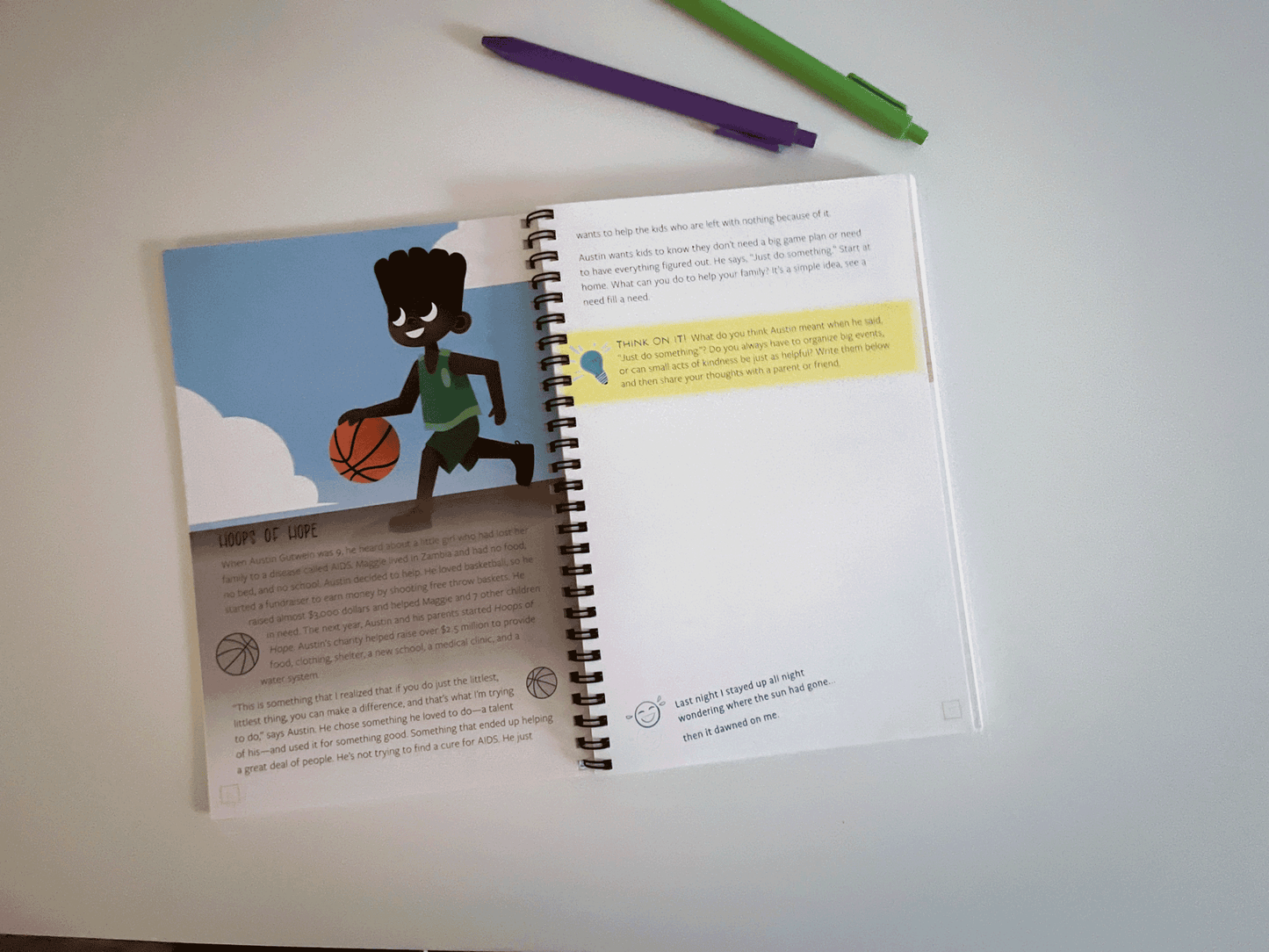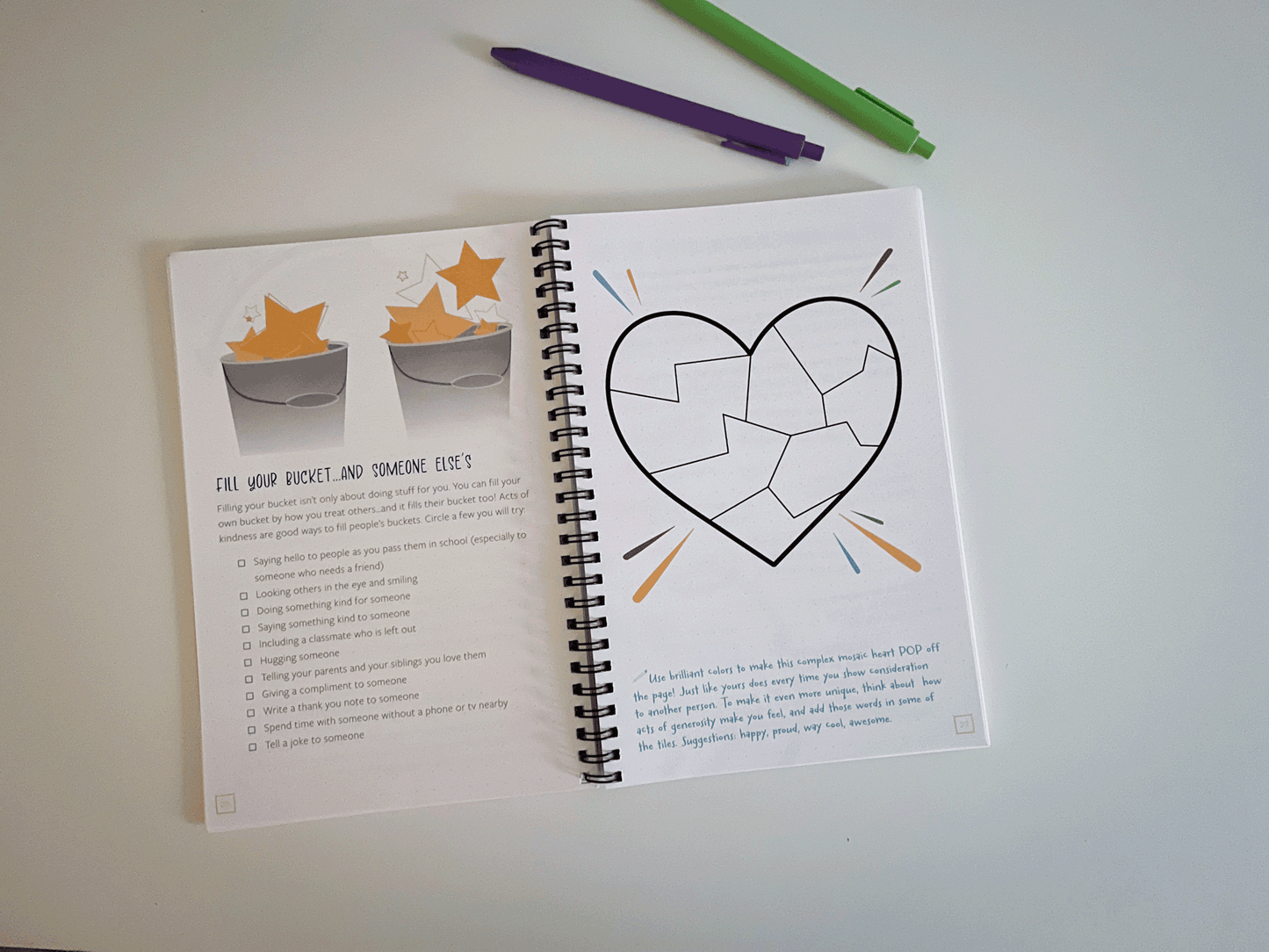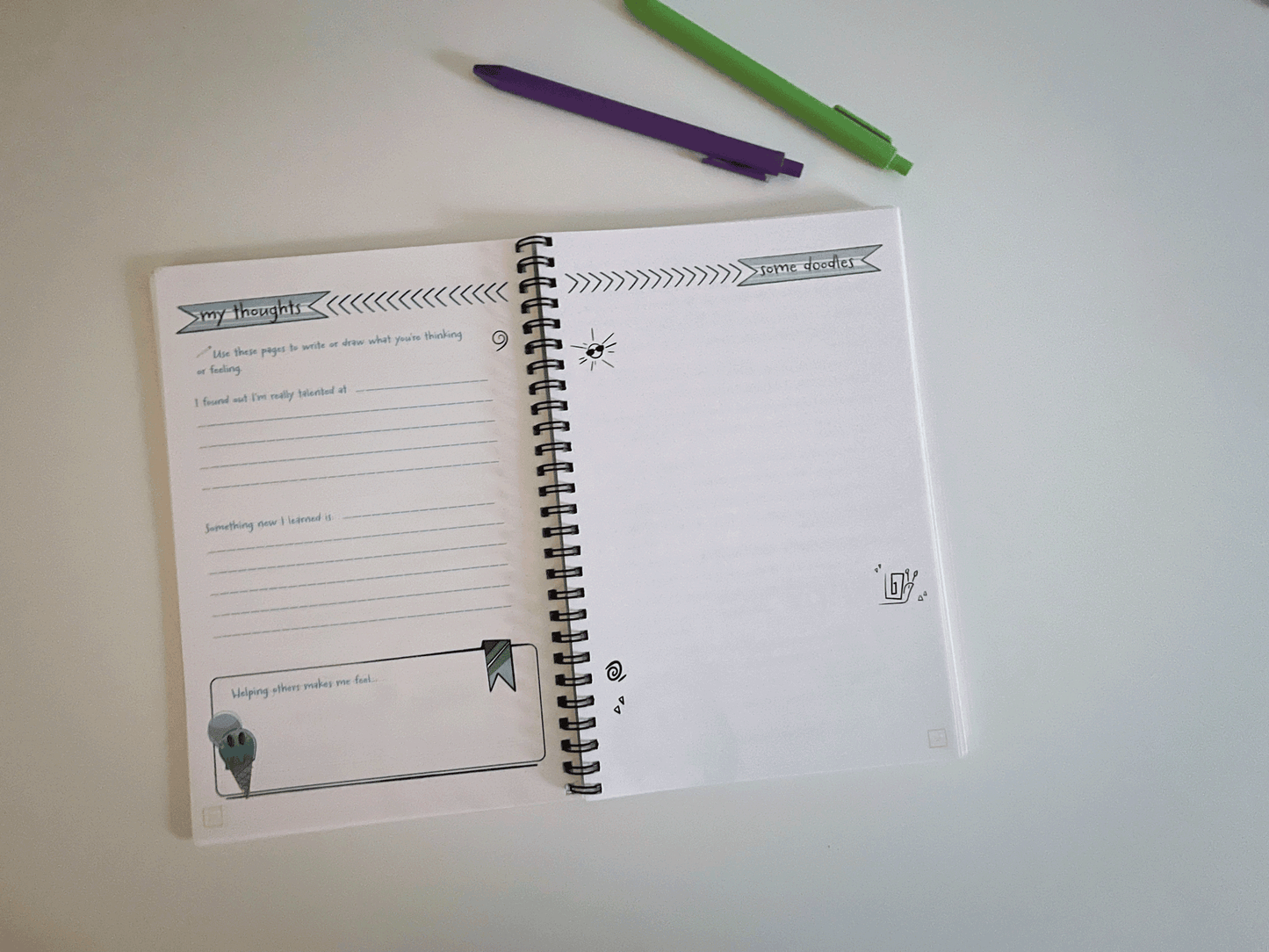Uh-oh! Is my sweet child… a bully?
Mary Jo Gerd5 Ways to Curb a Tendency Towards Bullying
Certainly, no one wants to get the dreaded call from school that their kid is being picked on. But what about hearing the awful news that your own sweet child is the one who is doing the bullying?
Some kids seem to come out of the womb... more aggressive. Let’s just say, they know exactly what they want and how to get it—and the Good Lord help whoever it is crazy enough to stand in their way. To some, this may seem like a quality that needs to be changed or fixed, but it’s actually a wonderful asset. With proper honing and encouragement, this quality can become a crucial character strength—assertiveness.
Being assertive is an essential trait of any successful leader, in family, community, and business. But is it possible for there to be too much of a good thing?
Definitely. When kids or adults tip the scales towards too much assertiveness, it becomes a vice or an extreme. Now, we’re dealing with a problem—an aggressive bully! Cue the phone call from the principal/neighbor/parent.
While it all sounds awfully scary, there is a lot you can do right now to ensure that your child creates healthy habits that stop aggression in its tracks. By setting the tone now, you can save your kiddo from the fate of becoming an adult bully. Instead, you can steer their natural God-given inclination towards assertiveness to a more moderate space that means they courageously advocate for themselves, as well as others.
Tips to Curb a Tendency Towards Bullying:
According to StompOutBullying.org, many parents are unable to help their kids because they dismiss that there’s even a problem in the first place. It’s just too easy to explain it away and make excuses. This is a huge problem that ultimately snowballs. It takes a brave parent to recognize a problem pattern of behavior. It helps to focus on the bad behavior and not consider it a personal indictment on your child. Dr. Jamie Howard, Ph.D. of the Child Mind Institute says that it’s important to consider bullies can be nice kids who have made bad choices.
Once it’s officially on your radar, you need to communicate with your son/daughter. Not all kids will be able to articulate why they’re lashing out at another child, but it can begin the process of learning for the parent and the child. There are all sorts of reasons kids will fall into bullying:
- To fit in with peers
- Looking for attention
- The child perceives other kids’ behaviors as hostile
- He/she has impulse control issues
- He/She is being bullied at home or at school by others
By calmly talking about it with the child, you can begin to understand some of the motivating factors. Ask questions about what you or the teachers have observed. Do your best to have your child name their feelings. Try to find a root cause. And be extra careful not to humiliate the child while communicating. This can harm their self-worth which can lead to more aggressive behavior.
The Child Mind Institute recommends that parents try to come up with various scenarios so the child can better understand what is appropriate behavior. For instance, offering examples about taking turns, or including others in games and social interactions is helpful. Try to frame the discussions as to what is better friendship behavior. Ask your child to explain a time they’ve felt left out, picked on, or ignored. When they come to terms with those feelings, they can have more empathy for another.
You can’t ever cave to bad behavior, but “throwing the book” at a child can create more problems. In other words, if the punishment is too severe, the child may lose the meaning of the punishment. Try to find solutions that will teach a lesson. Removing privileges works especially well in tweens and teens, but also remember to support your own school’s disciplinary plan. Be certain that your child understands bullying will not be tolerated by you and be very clear about the punishments in place for disobedience.
Once you’ve noticed your child is prone to aggression, you must be sure to monitor them and the children they interact with. It doesn’t mean you should become a helicopter parent, but you can not take a hands-off approach. Chances are the behavior will happen again. When you see it happen, you can talk about it immediately and prevent it from getting worse. Also, when you catch those glorious instances of good behavior—you can offer praise and encouragement. Stay in close communication with the school so they can fill you in and you don’t feel blindsided by any major problems.
If you feel like you can’t seem to get a handle on the situation, reach out to a counselor for professional help. The key is to face the situation bravely, not closeted in shame. Remember, the most troubling “issues” your children face can often lead to the greatest gifts when cultivated with love and character strength. If you’ve got a kid who gets into trouble and fights because he is aggressive, he may someday be the hero who stands up in the face of danger to help another. We all need help turning our weaknesses into strengths!
That’s what our Adventure into Character Subscription box series is all about—empowering each member of the family to be the best version of themselves. Families are strongest when each person is uniquely different and proud of those differences! Forming kids in character helps them tap into their amazing qualities so they can become gifts to the rest of the family… and world.
If you have an issue you’d like our help with, drop us a line at Hello@FamiliesofCharacter.com. If you’re experiencing a problem, chances are thousands of other families are in the same boat. We’re ALL in this parenting boat together!
Remember to tap into our Thrive Community on Facebook. It’s free and our team’s very own clinical counselor offers helpful tips and encouragement to parents who are adventuring together.












